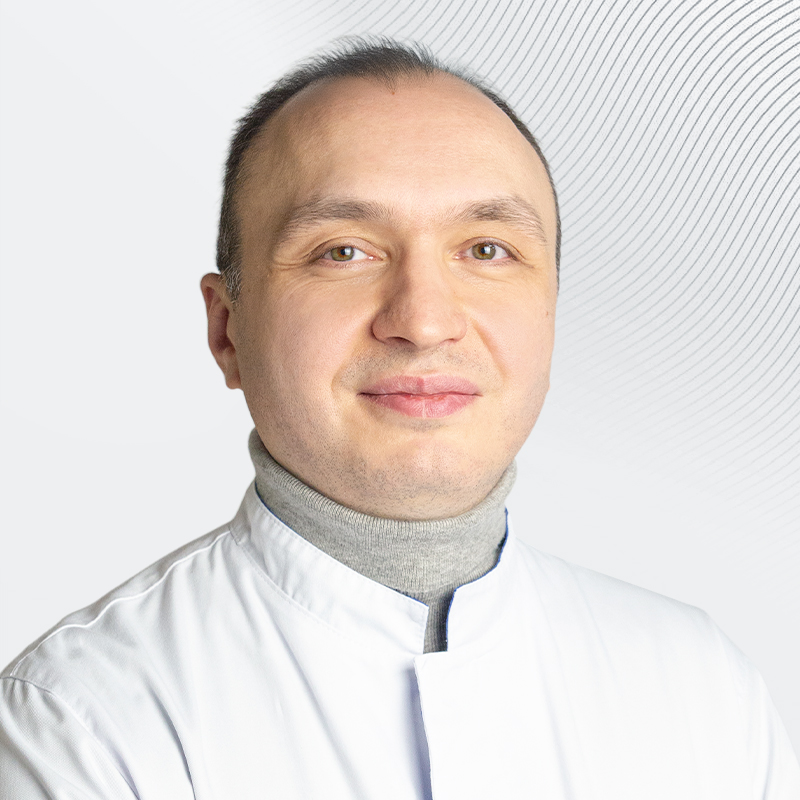Headache
Headache is one of the most common symptoms that patients treat with a neurologist. The characteristics of a headache are completely different: one- and two-sided, clearly localized and widespread (diffuse), radiating from one area to another. The headache can be dull, acute, aching, stabbing, pressing, bursting, etc. It can last from a few seconds to several days or be constant, occur suddenly or increase gradually.
Headaches are not always the result of severe physical illness, but sometimes they require emergency measures. Finding out the specifics of a headache that occurs in a patient makes it much easier to identify the cause of this symptom and allow the doctor to take the necessary measures.
The causes of headaches are divided into primary and secondary.
Primary headaches
These are headaches associated with hyperreactivity of pain-sensitive receptors in the head area, they are not symptoms of any disease. The main role in the occurrence of headaches of this type is played by the mediator (chemical) activity of brain cells, blood vessels of the head, muscles of the head and neck. Some people have a hereditary predisposition to headaches.
Primary headaches include:
-
migraine;
-
tension headache;
-
chronic migraine;
-
cluster headache;
-
chronic daily headache;
-
chronic paroxysmal hemicrania;
-
hemicrania continua;
-
syndrome of short-term unilateral neuralgiform attacks with scleral injection and lacrimation SUNCT (short-lasting unilateral neuralgiform attacks with conjunctival injection and tearing);
-
syndrome of short-term unilateral neuralgiform headache attacks with cranial autonomic symptoms SUNA (short-lasting unilateral neuralgiform headache attacks with cranial autonomous symptoms);
-
A new daily persistent headache;
-
headache of physical tension;
-
primary cough-related headache;
-
primary headache related to sexual activity;
-
primary stabbing headache;
-
hypnotic headache;
-
primary thunderous headache.
Secondary headaches
Headache occurs as a symptom against the background of an underlying disease, often somatic or related to the pathology of the nervous system, but having a certain "substrate" – the cause
of pain:
You should immediately consult a doctor if:
-
for the first time there was a severe attack of unbearable headache;
-
headache is accompanied by fever, chills, tension and pain in the neck muscles, impaired (loss of) consciousness, seizures, double vision or other visual problems, weakness, numbness, impaired (difficulty) speech;
-
The headache occurred after a head injury (head impact) and is getting worse.;
-
a habitual headache, caused by coughing, straining, physical or emotional stress, or occurred suddenly without any reason;
-
the headache first appeared at the age of over 50 years.
Headache - when to consult a neurologist
It is necessary to visit a doctor if:
-
A headache bothers you more than 2 times a week, and you have to take medications to relieve the pain every time.;
-
the usual headache has changed its nature, frequency of occurrence, duration of attacks.
Consultation with a neurologist and diagnosis includes:
-
A survey on the characteristics of headache (dull/acute, throbbing/pressing, persistent or paroxysmal) and the features of its occurrence.
-
Determining the severity of a headache: does a headache prevent you from working, sleeping, or leading a normal lifestyle.
-
Pain localization: the area of feeling the greatest pain (forehead, temples, occiput, diffusely the entire head).
-
General and neurological examination.
In certain cases, additional studies may be required – laboratory studies, neuroimaging methods (CT or MRI of the brain, if necessary with intravenous administration of contrast agent) or other studies. If hemorrhages or infectious causes of headache are suspected, a lumbar puncture is performed – a procedure for collecting cerebrospinal fluid (cerebrospinal fluid) for biochemical analysis. Thanks to modern technologies used in the clinic, the procedure is practically painless.
Migraine
Migraine is characterized by an unbearable, often throbbing headache that occurs in the same (possibly the same) area of the head and is accompanied by nausea, vomiting, increased sound and light sensitivity. Sometimes a migraine attack is preceded by a so-called "aura". "Aura" refers to visual disturbances: flashes, flickering dots, spots, changes in visual fields (part or half of the visual area may disappear or darken), sensory disturbances (numbness of parts of the face – lips, tongue, and limbs), speech disorders. The duration of the aura is usually from 20 to 60 minutes. As a rule, the manifestations of the "aura" are of the same type and precede a migraine attack in almost 100% of cases.
It is recommended to keep a so-called "headache diary", where you should record the date of the attack, its duration and what medications in what dosages you took about it. This will greatly facilitate the task of the doctor during the upcoming visit.
At the appointment, the doctor will first ask you about the nature of the headache, the frequency of its occurrence, and the factors that provoke headaches. Also, prepare to answer questions about your chronic illnesses (if any) and the illnesses of your immediate family. It is important to know this from the point of view of a family history, since many chronic diseases can be accompanied by headaches, and, for example, a predisposition to migraine headaches can be inherited.
Tension headache
Tension headache (tension type headache) is a headache that is usually mild to moderate (moderate) intense and diffuse. This is the most common type of headache. Treatment of this type of headache usually includes a very wide range of measures: from getting rid of bad habits and leading a healthy lifestyle to painstaking selection of medications in an adequate dose.
Main Characteristics of tension headache:
-
dull, aching, dragging pain;
-
feeling of pressure in the forehead, temples, or around the entire head (like a vice or hoop);
-
increased sensitivity of the scalp, neck muscles, and often the shoulder girdle.
The main cause of tension headaches is acute or chronic psychoemotional stress.
Risk factors for tension headache:
-
female (90% of women and 70% of men have suffered or are suffering from this type of headache);
-
average age (most patients are between 40-50 years old).
Depending on the duration, the following types of tension headaches are distinguished:
-
Episodic - lasts from 30 minutes to 1 week. Tension headaches are considered frequent if they occur for no more than 15 days per month, for 3 months. Such headaches can eventually transform into type 2.
-
Chronic - lasts for hours or days. It is considered chronic if it occurs for 15 or more days over a period of 3 months.
Cluster ("bundle") headache
Cluster ("bundle") the headache occurs in bundles or "clusters", which explains the name of this subtype. This is the most severe headache that can occur in the middle of the night, usually localized in the area of one eye and the corresponding half of the head. A series of frequent seizures can last from several weeks to months, followed by a period of remission (a light period without episodes of headache), which can last for months or even years. Cluster headache, despite its severity and bright color, is not a life-threatening condition. Properly selected medications significantly reduce the severity of headaches, as well as reduce the frequency of seizures.
Cluster headache usually occurs suddenly, without precursors, and is characterized by common features:
-
An excruciating headache that usually occurs in the eye area on one side and can spread to other areas of the head, neck, and shoulders.;
-
unilateral pain;
-
lacrimation;
-
redness and puffiness of the eye on the "sick" side;
-
discharge from the nasal passage on the "sick" side;
-
pallor, sweating of the skin of the face;
-
omission of the corresponding eyelid.
It is necessary to consult a neurologist if:
-
you have experienced a similar headache attack in order to rule out any dangerous diseases and choose the right drug therapy. Sometimes such headaches can be symptoms of serious diseases such as brain tumors, cerebral vascular lesions (aneurysms).
-
the usual nature of the headache has changed (for example, the pain has become "acute" from "dull", from short–term to prolonged, or has changed its location).
Get help
Specify your contacts and we will contact you to clarify the details.
Doctors
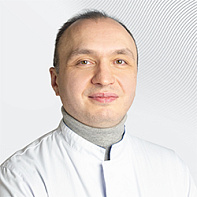
Murat Shomakhov
-

Yuliya Aleshchenko
-
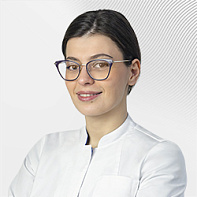
Izabella Maskurova
-
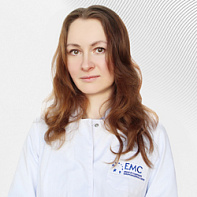
Evgeniya Aleksandrova
Ph.D. of Medical Sciences
-
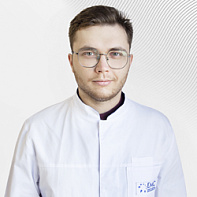
Mikhail Zaytsev
-
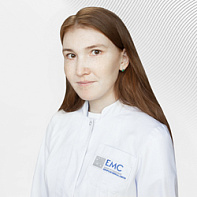
Ananeva Liliia
-
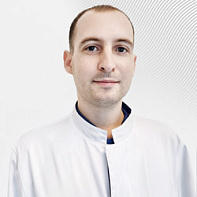
Dragan Ivan
-
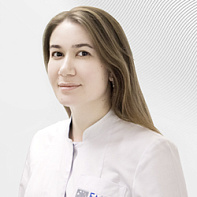
Mityukova Marina
-
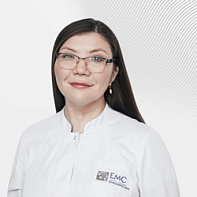
Kameldenova Dinara
-
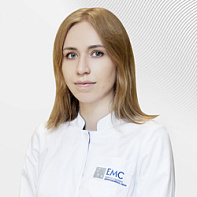
Ermilova Elizaveta
-
.jpg)
Volkov Sergey
-
.jpg)
Shchelukhin Alexandr
-
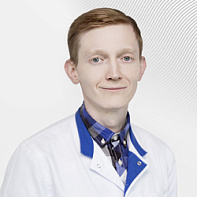
Eliseev Yuriy
-
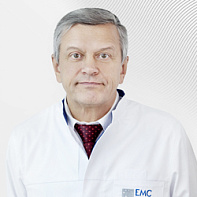
Kamchatnov Pavel
Doctor of Medicine, Professor
-
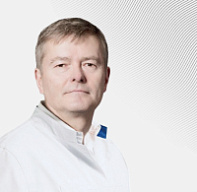
Fitze Ingo
Head of the Interdisciplinary Sleep Medicine Center at the Charite University Hospital (Berlin, Germany), founder of the private sleep Medicine Institute Somnico GmbH in Berlin., Professor, Doctor of Medicine
-
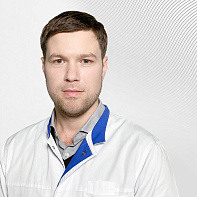
Ilyin Nikolai
-
.jpg)
Medvedeva Anastasiya
Ph.D. of Medical Sciences
-
.jpg)
Pechatnikova Natalia
Hereditary metabolic diseases
-
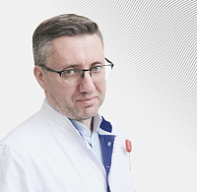
Nogovitsyn Vasiliy
Leading pediatric neurologist and epileptologist, Ph.D. of Medical Sciences
-
.jpg)
Maslak Andrey
Clinical neurophysiology and neuromuscular diseases
-
Murat Shomakhov
- Specializes in the treatment of chronic pain
- Performs diagnostics of headaches, back and limb pain, selects medical treatment
- Chen of the Association for Interventional Pain Management
Total experience
18 years
Experience in EMC
since 2025
